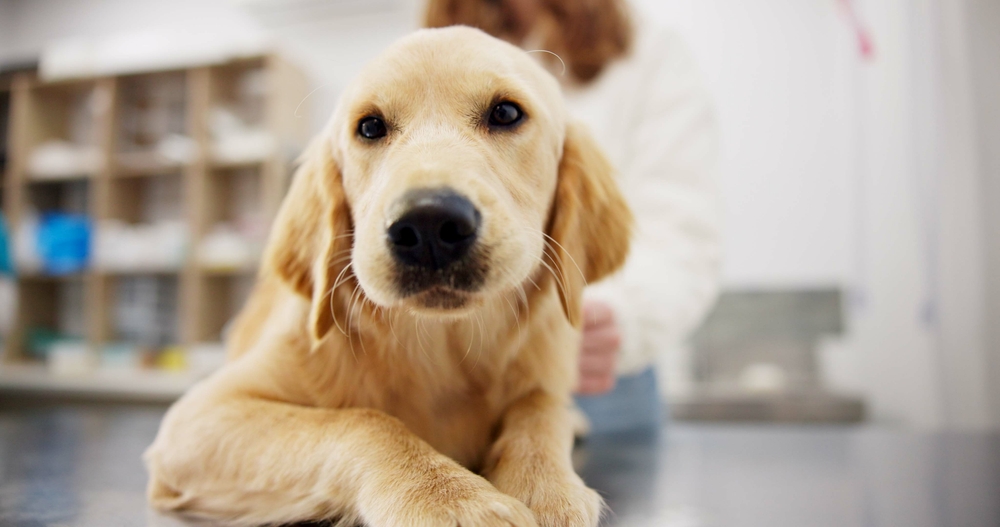
When your pet needs surgery, it’s natural to feel a bit anxious. However, with the right preparation, you can help make the process smoother and less stressful for both you and your furry companion. Here’s a step-by-step guide to preparing your pet for surgery, provided by the Animal Care Center of Aurora:
Follow Your Veterinarian’s Pre-Surgery Instructions
One of the most important things you can do is adhere strictly to any guidelines provided by your veterinarian. Typically, pets should fast from food for at least 12 hours before surgery to reduce the risk of complications while under anesthesia. Water may be allowed up to a few hours prior, but always confirm the specifics with your vet. If your pet is on medications, ask if they should be given on the day of surgery.
Keep Your Pet Calm and Comfortable
On the day of surgery, try to minimize stress. Keep your pet in a familiar, quiet environment and avoid any high-energy activities. A calm pet will enter surgery in a more relaxed state, which can contribute to a smoother procedure and recovery. Bring along a comforting item, such as their favorite blanket or toy, to help them feel more secure.
Ensure Up-to-Date Health Records
It’s essential that your pet is up-to-date on vaccinations before surgery. If your pet has recently experienced any changes in health—such as a cough, sneezing, changes in appetite, or unusual behavior—be sure to inform your veterinarian. These details may affect how the surgery is handled and whether any special precautions are needed.
Prepare for Post-Surgery Care
Before your pet returns home, make sure you’ve set up a comfortable and quiet recovery area. They’ll need a soft bed in a safe spot away from other pets and distractions, as they’ll likely be drowsy after the anesthesia wears off. Stock up on any post-surgery medications, such as pain relief or antibiotics, and follow your vet’s instructions closely for administering them. Having everything prepared in advance will make the transition home as smooth as possible.
Clarify Pain Management and Recovery Instructions
Discuss with your veterinarian the expected recovery timeline and any signs of potential complications to watch for, such as excessive swelling, discharge, or lack of appetite. Ask about how to care for the incision site, when to resume normal activities, and how to handle any post-surgery restrictions, such as keeping your pet from licking or chewing the area.
By taking these steps, you can help ensure your pet is well-prepared for their surgery and set up for a successful recovery. For more advice or to schedule a consultation, contact the Animal Care Center of Aurora at our facility in Aurora, Colorado, by calling (303) 693-6640 today.







